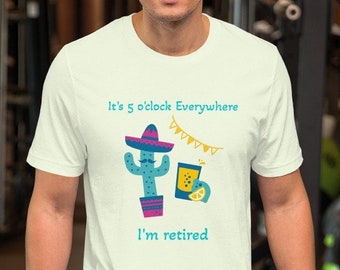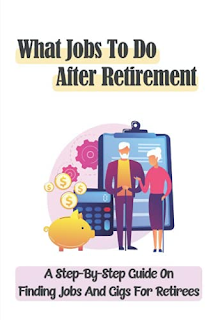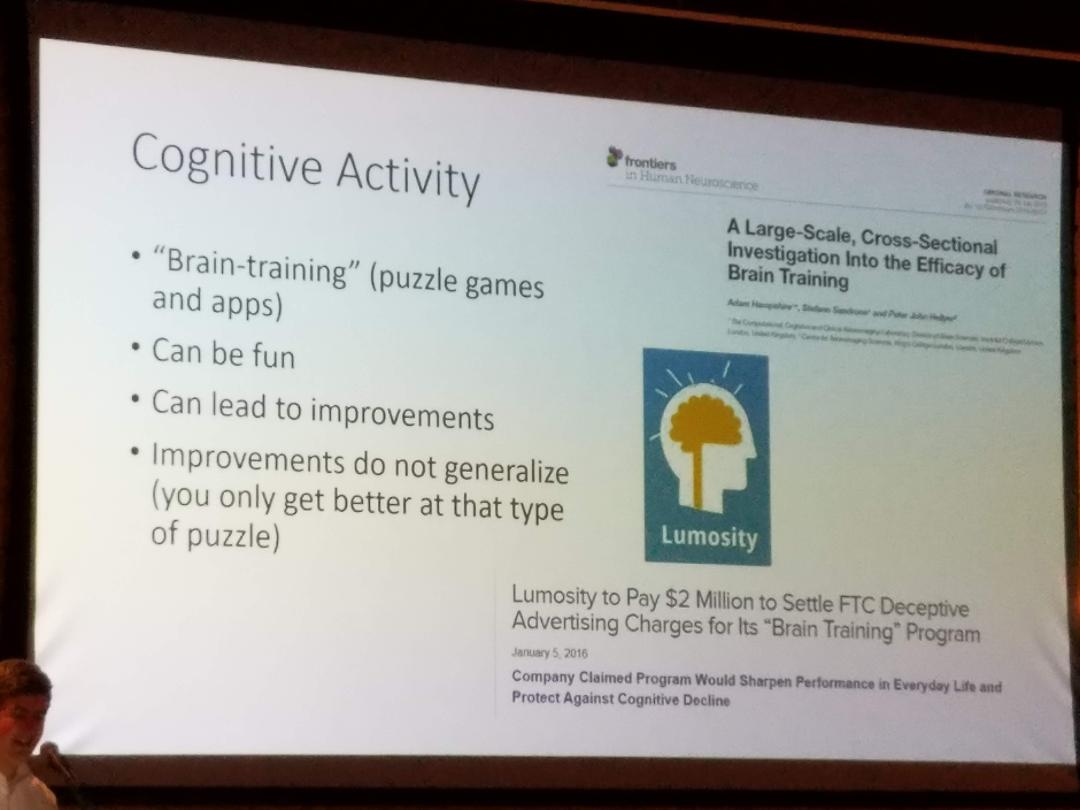Why Do Joints Get Stiff?
It is very normal to experience some pain and stiffness as you age, because your cartilage, a spongy material at the end of your bones, gradually begins to dry out and get stiff. In addition, our bodies make less of a substance called synovial fluid, which is the lubricant which keeps our joints moving smoothly. As a result, it is perfectly natural for us not to be able to move in the same way we did when we were in our teens.
Although you cannot turn back time, you can slow down the aging of your joints by continuing to move as much as possible. The synovial fluid you have needs you to keep moving as much as you can in order to keep your joints lubricated. That is why you are likely to feel particularly stiff in the morning, because you were probably moving very little while you slept.
You may also experience joint pain when the weather and barometric pressure in the air changes. It can feel especially severe just before a storm.
Health Conditions Which Cause Joint Problems
In additional to the natural stiffness we may experience from simple aging, we may also develop serious health problems which can make the pain and inflammation worse. Examples are:
 |
| Learn more about knee braces here |
Osteoarthritis (OA) - This occurs when the cartilage begins to wear away, either because of aging or an injury to the joint. Without the cartilage, the bones rub together and can cause tiny pieces of the bones to break off. This can make the joint swell, as well as be stiff or painful. Personally, I have found that it helps my knees when I wear a knee brace if I am going to be doing much walking. Pictured here is one that I particularly like. However, I have included a link to the entire Amazon page (Ad) for these braces, because they come in a wide variety of colors, style, brands and prices. Check with your doctor to make sure these would be appropriate for your condition.
Rheumatoid Arthritis (RA) - This is an autoimmune disease which can cause your body to attack the lining (or synovium) of your joints. It can show up anywhere in the body, but most often in the wrist or finger joints. You may have seen people with oddly bent fingers, which are a common result of this disease. It may cause constant pain, or only flare up occasionally.
Ankylosing spondylitis - This can affect your immune system, and cause pain in the spine, hips, hands or feet.
Gout - A build-up of uric acid in your body can result in intense pain, usually in your big toe.
Infectious arthritis - Sometimes called septic arthritis, this form of arthritis can start with an infection which spreads to a large joint, such as your hip.
Psoriatic Arthritis - This is a combination of the skin condition, psoriasis, and joint inflammation. In addition to stiff or throbbing joints in your hands, fingers, feet, knees and other joints, you may also have swollen fingers and severely pitted fingernails. You might have it on one side of your body, or on both.
Fibromyalgia - This health condition does not damage your joints the way arthritis does, but it can cause joint and muscle pain, as well as other problems. It often starts after an illness, surgery or a period of severe stress, and causes people to feel pain more intensely.
Bursitis - This is an injury to the bursae, or fluid-filled sacs that are cushions between your bones. Overuse or damage to the joint can cause pain in the bursae.
Tendinitis - This is when the tendons that attach muscles to your bones are injured from overuse, and can cause intense pain.
How to Relieve Pain in Your Joints
Regardless of the cause of your stiff, achy joints, there are treatments which can soothe the joints and ease your pain. You will, of course, want to get a diagnosis from your physician. You need to know exactly which condition is causing your pain, so it can be treated appropriately. Your physician will also put you on a treatment plan. However, here are some common treatments which you can expect to receive.
 |
| The link to Arthritis Cure |
You may also want to read the very helpful book, "The Arthritis Cure: The Medical Miracle That Can Halt, Reverse, and May Even Cure Osteoarthritis." (Ad) It is a helpful guide to overcoming this common disease.
Treating Rheumatoid Arthritis - Treatment for this may begin with special medications from your doctor which can slow or stop the disease from continuing to damage the joints. These medications are called DMARDs, which stands for Disease Modifying Anti-Rheumatic Drugs. These drugs will attempt to reduce the inflammation in your body. You can help the process by taking care of yourself. It is important that you eat healthy foods, get adequate rest, and continue to move as much as you can.
Treating Psoriatic Arthritis - These treatments will be similar to those for Rheumatoid Arthritis, and it may be advisable to be treated by a specialist, because not all doctors are accustomed to treating psoriatic arthritis. You could receive medications which may be administered by mouth, injections or infusions. The goal is to reduce the swelling and inflammation in your joints.
Treating Fibromyalgia - Because this disease is poorly understood, there is no cure. Over-the-counter pain medications may help with the pain, but your doctor may try other medications, depending on your range of symptoms. Relaxation techniques or gentle stretching exercises such as yoga or tai chi may also be useful.
Home Treatments for Joint Pain
After seeing your physician, and finding out the exact cause of your arthritis or joint pain, you may also want to begin a personal regimen to improve your health and reduce your joint pain. Here are some of the things you may want to try:
Exercise and Physical Therapy - In most cases, moving the joints will reduce the stiffness in your joints. It will also help keep your bones strong, improve your balance and help you control your weight. However, if you are not sure what exercises will be best for your particular type of joint pain, start by having a few sessions with a physical therapist. They can help you work the joint correctly.
Heat Therapy - This can be as simple as taking a hot shower or bath in the morning. The hot water will get blood flowing to your joints, and loosen them. You can also try using a hot tub, purchasing a moist heating pad, (Ad) or warming a damp washcloth in the microwave for one minute and, when it is cool enough to handle, wrap it in a towel and cover the sore joint for 15 to 20 minutes.
Cold Therapy - You may want to alternate your heat therapy with cold therapy. Purchase a cold pack (Ad) or even use a bag of frozen vegetables. Wrap it in a towel to protect your skin, and don't leave it on for more than 20 minutes. This does the opposite of the heat therapy. It will slow the blood flow to the area and reduce the swelling.
Talk to a Nutritionist - Some types of arthritis may benefit from weight loss, because you will be putting less stress and weight on the joint. Other types of joint pain, such as gout, may be affected specifically what you eat, because certain foods will elevate your uric acid. Once you are given dietary instructions for treating your joint pain, it will be up to you to make sure you follow it.
Try Alternative Therapies - Talk to your physician about seeing some alternative medical professionals such as an acupuncturist or a chiropractor. They may be able to help reduce the inflammation in your joints.
When to See Your Doctor or Go to the Emergency Room
Most of the conditions mentioned above are chronic conditions which tend to develop slowly and are treated over a long period of time. However, there may be urgent situations which require you to go to the emergency room or see a doctor immediately. Contact your doctor if:
You are in extreme pain;
Your pain is the result of an injury;
The joint looks deformed;
You cannot use your joint or it becomes especially hard to move;
The skin is red or warm to the touch;
The affected area of the body suddenly becomes swollen;
You are in severe discomfort for more than three days, and nothing you do seems to help.
Remember, the first place to start is with your personal physician. You need to know the cause of your pain before it can be properly and effectively treated. Different types of joint pain require different medications and treatment plans. Once you have a diagnosis, then you should work with your doctor to find ways to reduce your pain and inflammation.
You can find gifts for members of 12 Step groups, retirees and others at my Etsy Store, DeborahDianGifts:
Enjoyed this post? Never miss out on future posts by following us. You will receive one weekly email containing the most current post.
If you are interested in learning more about financial planning, Social Security, Medicare, where to retire, common medical issues as you age, travel and more, use the tabs or pull down menu at the top of the page to find links to hundreds of additional helpful articles.
Disclosure: This blog may contain affiliate links. If you decide to make a purchase from an Etsy or Amazon ad, I'll make a small commission at no extra cost to you.
You are reading from the blog: http://www.baby-boomer-retirement.com
Photo credits: The Weather Channel, Amazon, and my Etsy Shop












